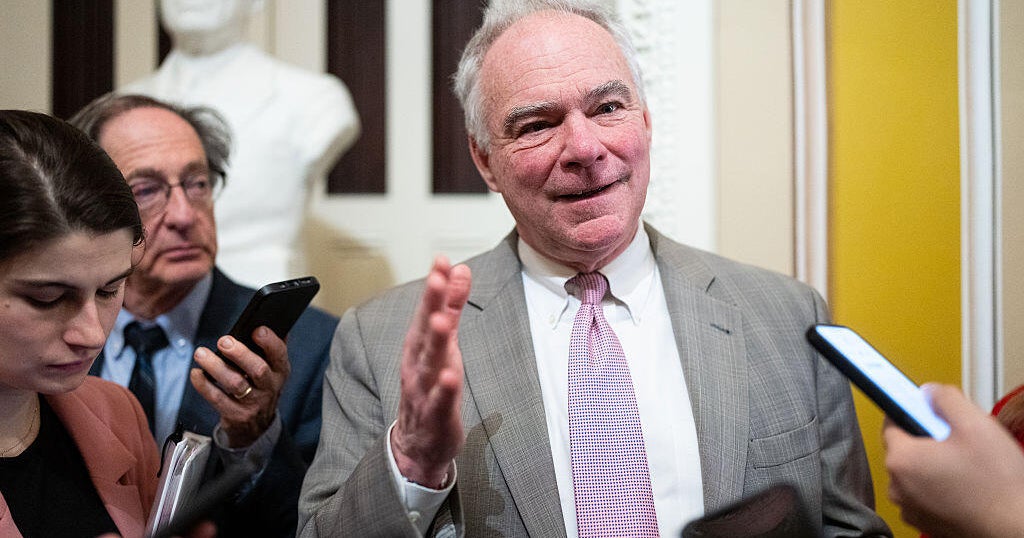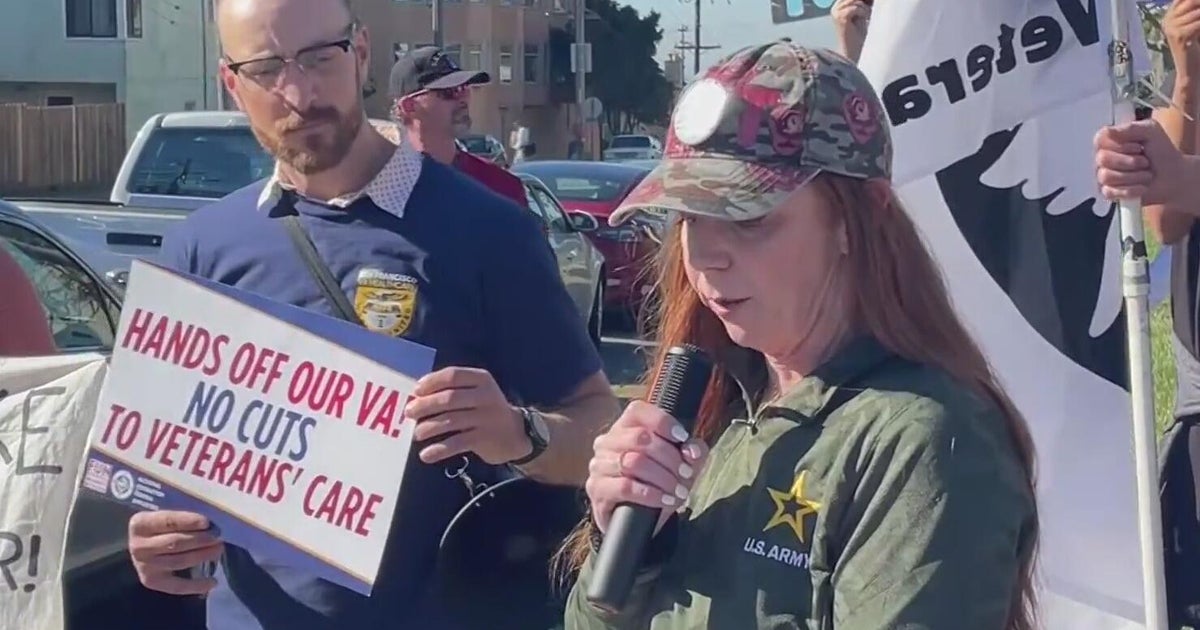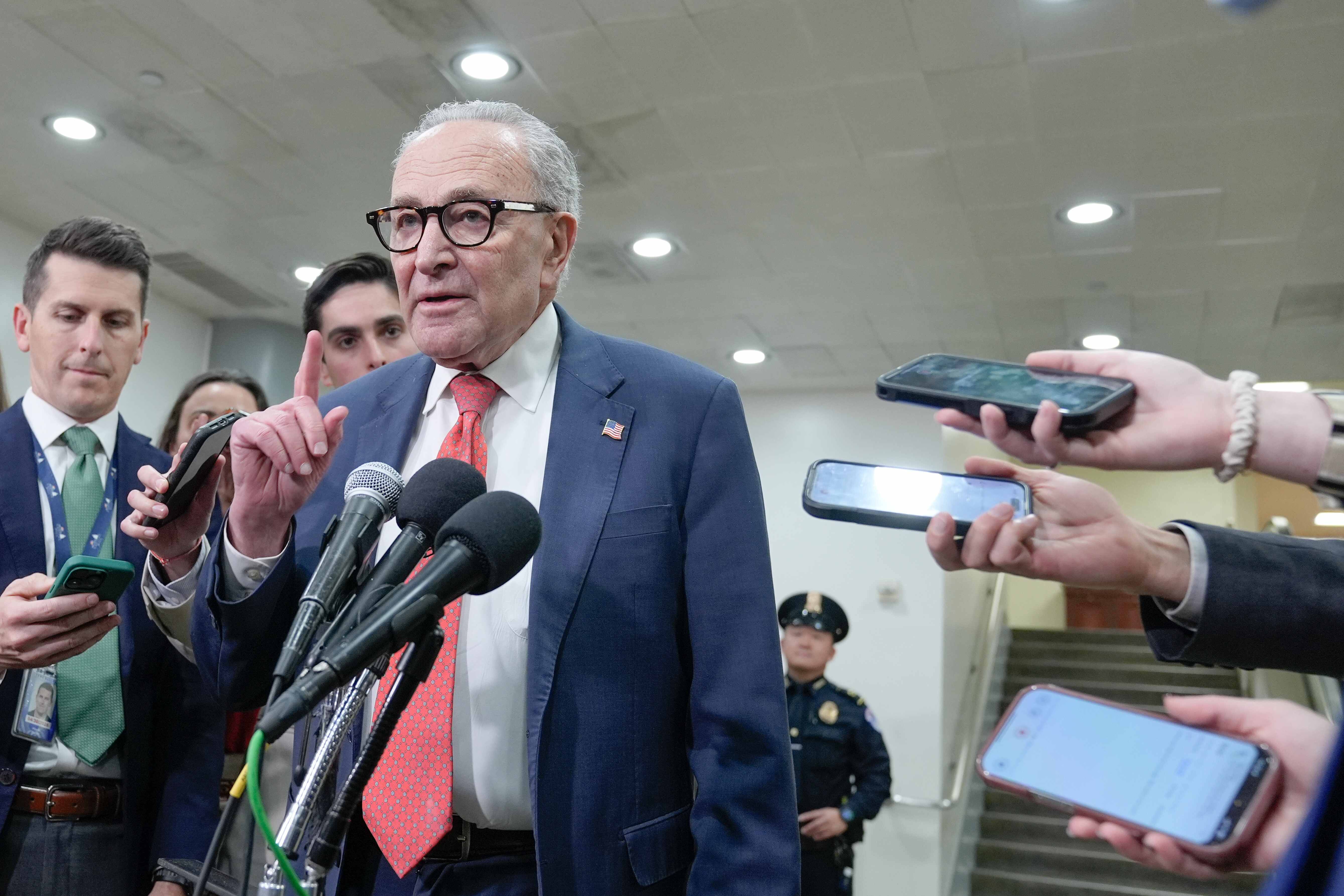Barrasso on health care: "It should be done in a bipartisan way"
As lawmakers in Washington remain divided over the future of health care in the United States, Sen. John Barrasso, R-Wyoming, says there should be a bipartisan approach when it comes to legislation.
"Should have been bipartisan when Obamacare was passed. It should be now as well," Barrasso said Sunday on "Face the Nation."
"For big things that affect the country, it should be done in a bipartisan way," he added.
But while Barrasso is supportive of a bipartisan effort to changing existing health care laws, he said that "with this resistance movement to President Trump and the energy in the Democrat Party," Republicans have been given the impression by top Democrats, like Chuck Schumer of New York and Elizabeth Warren of Massachusetts, that the GOP should "expect no cooperation" in the health care debate.
When pressed if any Republicans had reached out to Democrats in the hopes of creating a bipartisan effort on legislation, Barrasso said he's visited the floor of the Senate with a number of Democrats, but that they have put forth their own contentions to major aspects of the bill.
"They say, 'Well, you know, we do want to work together, but there are a couple things. One is, don't touch the mandate.' Well, the mandate, the individual mandate that says people have to buy a government program, that's the most hated part of Obamacare," said Barrasso.
Meanwhile, Republican Senator Susan Collins of Maine told "Face the Nation" that she would like to see Congress go back into committee and hold hearings on the matter.
"We could divide this issue into separate bills and take a look at the serious flaws in the Affordable Care Act, the most serious of which right now is the collapse of the insurance market in several counties throughout this country, so that people who have subsidies won't have an insurer that can sell them insurance," Collins said on "Face the Nation."
"That would allow us to hear from expert witnesses, to get input from actuaries and governors and advocacy groups and health care providers, and most important, from members of both sides of the aisle, Republicans as well as Democrats," she added.
Collins was one of three GOP holdouts who along with Sen. Shelley Moore Capito of West Virginia and Sen. Lisa Murkowski of Alaska effectively killed the Republican effort to vote on health care. They announced that they would oppose Majority Leader Sen. Mitch McConnell's efforts to move forward with the latest bill.
While it is still unclear what form of the health bill the Senate will consider in a vote set for Tuesday, Barraasso says there are a variety of ways for the Senate to replace the "failing Obamacare health care plan," adding that for his fellow Republicans who ran on repealing and replacing Obamacare, "This is our chance."
"We are going to vote this week. And I think until the vote is actually on the floor of the Senate, some people may not tell you what they're actually going to do," he said.
Regarding the back-and-forth in Congress, he said, "I was in the Wyoming legislature for five years. That's what legislation is all about. You get a bill on the floor of the House or the Senate. We get a bill, and then you start adding amendments. You bring your best ideas forward. And then people vote up or down."





